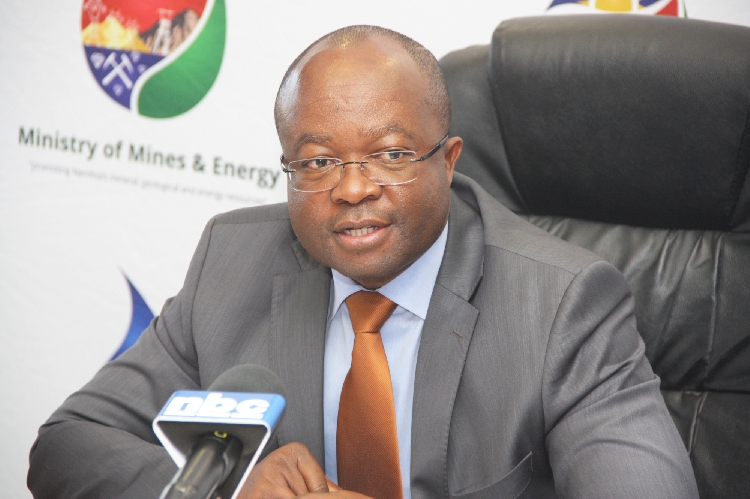Niël Terblanché
Namibia showcased its ambitious strides towards becoming a green economy powerhouse, underpinned by innovative green hydrogen projects and significant educational initiatives at the Green Hydrogen Symposium currently underway at the Windhoek Country Club.
Obeth Kandjoze, the Director General of the National Planning Commission and Chairperson of the Green Hydrogen Council, while officially opening the gathering celebrated Namibia’s “first harvest” in its green economy transition.
“Almost three years ago, Namibia planted its first seeds towards a green economy,” Kandjoze remarked, referencing the country’s Vision 2030 and the Harambee Prosperity Plan II. Today, we are privileged to witness the fruits of our labour, from groundbreaking green hydrogen pilot projects to transformative educational scholarships,” he said.
Kandjoze highlighted the achievements stemming from an N$800 million grant funding from the German Federal Ministry of Education, which facilitated numerous initiatives, including the awarding of 183 scholarships to young Namibians.
These scholarships are aimed at equipping young Namibians with the skills necessary to thrive in the emerging green hydrogen sector.
Kandjoze discussed three fundamental green hydrogen pilot projects that are set to redefine Namibia’s energy landscape.
The Daures Green Hydrogen Village is projected to produce up to 100 tons of green ammonia and 400 tons of green tomatoes annually in its pilot phase.
Meanwhile, the Cleanergy Hydrogen Facility and Academy and the HyRail project demonstrate Namibia’s commitment to integrating green hydrogen into various sectors, from transportation to industry.
Anna Shiweda, the Deputy Minister of Agriculture, Water, and Land Reform, while speaking at the same event, emphasized the role of green hydrogen in combating climate change and fostering regional development.
“Green Hydrogen is acknowledged as a crucial solution to the challenges of climate change,” Shiweda stated.
She lauded the Southern African Science Service Centre for Climate Change and Adaptive Land Management (SASSCAL) for its contributions to the region’s green hydrogen initiatives and research projects.
The deputy ministers stated that questions about the future remain, including ensuring sustainable employment for scholarship recipients and expanding the green hydrogen sector.
She however said that the collective efforts of Namibian leaders, international partners, and the community indicate a strong commitment to overcoming these challenges.
The symposium is viewed as a platform to showcase Namibia’s advancements but also serves as a call to action for continued investment and collaboration in green hydrogen and education, ensuring a sustainable and prosperous future for all Namibians.
As Namibia continues to nurture its green economy, the seeds sown today promise to yield a harvest that benefits not only the nation but the entire region, solidifying Namibia’s position as a leader in green energy innovation and sustainable development.




